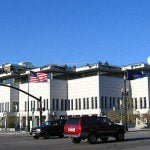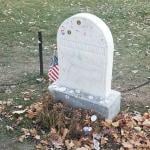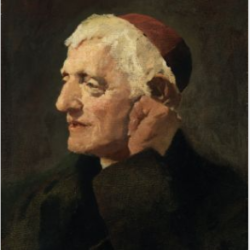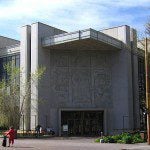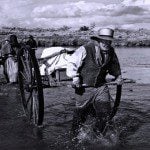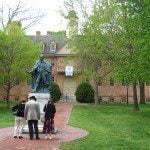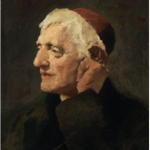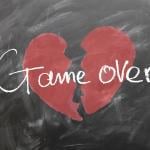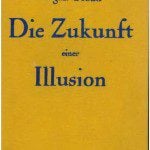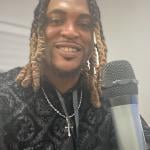
It was exhilarating to watch President Russell M. Nelson, well into his hundred-and-first year, announce fifteen new temples this afternoon. “Some say, ‘I do not like to do it, for we never began to build a temple without the bells of hell beginning to ring.’ I want to hear them ring again.” (Discourses of Brigham Young, 410)

During our flights yesterday, I read Impressions of Near-Death Experiences: Quotations from Over 100 Experiencers, by the researcher Robert Christophor Coppes, who holds a Ph.D. in economics and is now retired from the Dutch Central Bank. I’ll share a story from his opening chapter and then just a bit from his final chapter:
He cites the story of Ellen Dye, who, as she was entering into a green-lit intersection at around dusk, noticed a car coming from the opposite direction. Without any warning, the other driver swerved into her lane. She could not avoid a collision.
But suddenly, with no effort on my part, I was literally out of my body! I was actually excited about that! I looked down and saw the two cars crunched into each other, and I saw the man from the other car get out and walk over to my car. I thought he was walking over to see if I was all right. He reached in through the open window on the driver’s side, and he turned my headlights off. I thought that was strange, but I lost interest in what was going on.
Later, she says, while she was recovering in the hospital, a police officer gave her a traffic ticket for driving without headlights. But her real interest is in what happened as, according to her, she floated outside of her body above the two crumpled cars:
Being out of my body was an amazing experience! I suddenly realized that if “I” was hovering above my car, while my body was inside the car, unconscious, then my whole idea and belief of who “I” was, was totally wrong! As most people in our material society do, I had identified my “self” with my body. I believed that “I” was my body, that my body was, in fact, who I am — all of who I am. But suddenly, I knew without a doubt that was wrong. “I” — my consciousness, the part of me that can think and feel — was no longer in my body, so it seemed obvious that my body is something that “I” occupy, rather than being what “I” am! And as I really came to terms with that concept, I realized that “I” was so much more than I had ever imagined. Being out of my body felt like I had been released from tight restraints that I had worn for a very long time. I felt totally free for the first time in my life. . . . Without a body, I could “see” in every direction simultaneously, even without physical eyes to see. The sudden loss of my body was not a hardship; being IN my body had been the hardship, and now I was FREE!
And now to his concluding remarks:
What is remarkable is that a subset of these NDEs consists of so-called veridical observations. They are observations that NDErs made and that were subsequently independently verified — observations NDErs could have made only if their consciousness was actually outside their bodies. Like the number of NDEs, the numbers of these veridical observations is growing quickly. They seem to give circumstantial evidence that our consciousness can exist separate from our body.
Dr. Coppes identifies two important messages that he believes we need to learn from near-death experiences:
The first is that Love is the most important thing there is, and that Unconditional Love awaits us when our body dies and our consciousness is released. That Unconditional Love seems to take the form of Light mentioned so often in NDEs. This Love and Light is unconditional, and it is there for everyone. No exceptions, not one single one. Otherwise, it wouldn’t be unconditional.
The second message is that we are very thoroughly interconnected with each other, with other animals, with nature, and in fact with all that exists, even rocks and stones.
He closes with a quotation from an anonymous account that he himself recorded from a near-death experiencer on 19 April 2020:
The overwhelming sense I got . . . were [sic] messages of joy/elation that . . . everything would be okay for everyone in the world.
Which reminds me of a famous passage from Showings, one of the texts attributed to the fourteenth-century English mystic, visionary, and anchoress Julian of Norwich. She claimed that the passage was revealed to her, and I’m inclined to credit her claim — not least because I myself am convinced that the sentiment that she recorded is true: “All shall be well, and all shall be well, and all manner of things shall be well.”
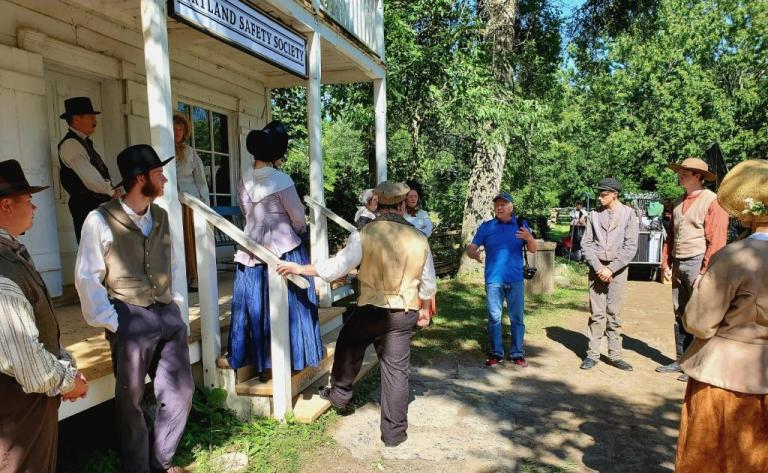
However, in the short term I’m genuinely concerned about the future of the Interpreter Foundation, which relies for its existence on the generosity of donors. The most recent estimates that I’ve seen indicate that somewhere between five and six trillion dollars have been erased from the economy of the United States since Liberation Day on 2 April 2025. If so, that will very likely have an impact on discretionary spending and, thus, on philanthropic giving in America.

(Wikimedia Commons public domain image)
By the way, Rochester is perilously close to our enemy Canada and, as our nighttime flight approached its destination very late on Saturday night, I confess that I became nervous lest we inadvertently overshoot our destination and stray into Canadian airspace. Happily, we managed to land safely and, thus far at least, I’ve seen no real sign of military activity around either the airport or our hotel. I imagine that people on both sides of the current so-called “border” will be relieved when Canada finally becomes our fifty-first state and current tensions begin to subside. (The eventual invasion of Marjorie Taylor Greeneland will presumably be launched from the new Canadian counties of Maga Scotia and Redwhiteandbluefoundland, so any temporary inconvenience will affect only those limited areas.) Of course, the rebellious penguins in the far north of the state of Canada will probably still be subject to retaliatory tariffs; as the island of Diego Garcia has learned to its eventual benefit and imminent enormous wealth, simply being largely uninhabited by humans while hosting a United States military base doesn’t guarantee immunity from punitive American trade measures.
Posted from Rochester, New York


